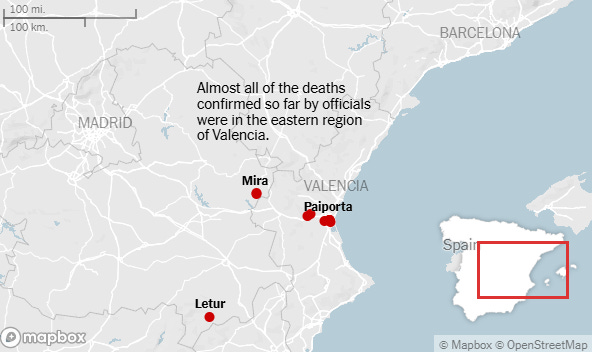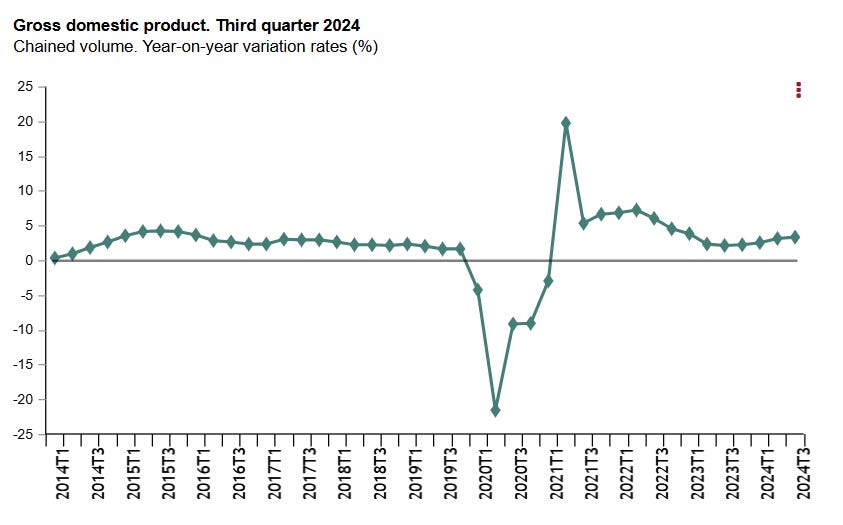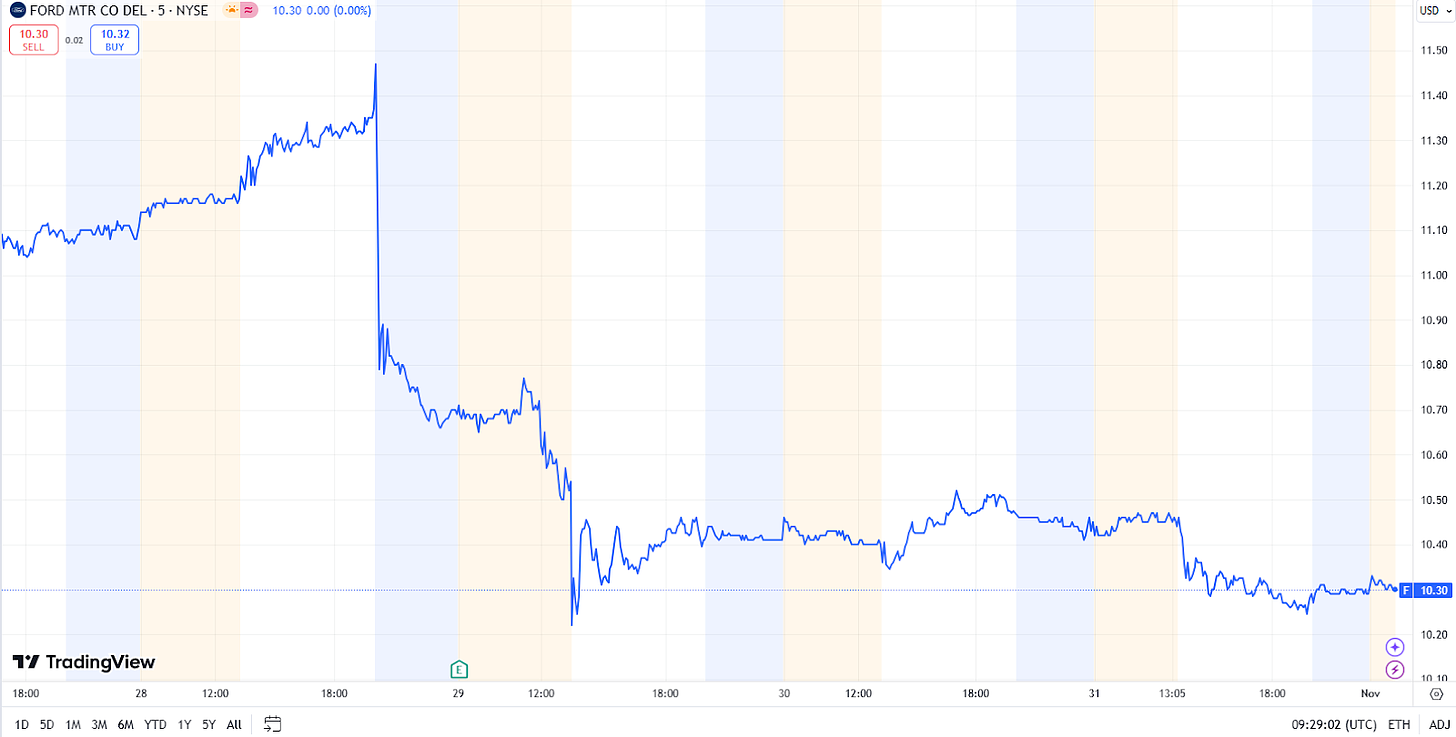Spain’s Economy Outperforms Germany, France with Record Tourism
Fluidra may benefit from increased demand for leisure and wellness travel

Spain’s economy has outperformed Germany and France as tourism climbs to record highs and investment picks up with lower interest rates and rising confidence. But its strong performance may be curtailed by the worst flooding in decades.
The country’s economy expanded by 3.4% year-on-year in Q3, compared to 3.2% in the previous quarter, the National Statistics Institute reported on Wednesday. That beat analysts’ forecast of 2.9%.
Spain received 9.6 million international tourists in September, or 9.1% more than in the year-ago period, according to official data. In the first nine months of 2024, 73.9 million international tourists traveled to Spain.
Heavily reliant on travel and tourism, strict quarantines imposed during the Covid-19 pandemic hit the world's top three most visited countries hard. However, since recording an approximately 88% drop in domestic tourists in 2020, "tourism has rebounded and continues to hit record levels,” ING Think said.
Meanwhile, household expenditure increased by 0.3 percentage points to 2.8% year-on-year in Q3.
Spanish Economy Outperforms Germany and France
The Spanish economy has maintained steady economic growth despite the weakness of other eurozone economies. Eurozone consumer confidence remains shaky, business investment is struggling, and the European Central Bank (ECB) still faces some pressure to continue cutting interest rates to revive economic activity.
Europe’s largest economy, Germany, shrank by 0.2% on the year in Q3 after price and calendar adjustments. But it achieved growth of 0.2% quarter-on-quarter in Q3. The French economy grew by 1.3% for the period, beating analysts’ forecasts of 0.7%.
“Spain had indeed a very strong growth performance,” Alfred Kammer, Director of the European Department of the International Monetary Fund (IMF), said on October 24. “That was a result of what we saw on the tourism front.”
“We saw also, because of lower interest rates and more confidence, a pickup in investment that has been supporting growth.”
Spain Tourism Boom May Benefit Fluidra
The tourism sector in Spain is expected to grow by 5% in 2024, twice the country’s growth, according to forecasts by CaixaBank Research.
Fluidra (OTC: FLDAY) may benefit from increased demand for leisure and wellness facilities in hotels, resorts, and other hospitality venues as Spain is projected to welcome over 90 million visitors.
Sales in Europe for the pool manufacturer rose in Q3 for the first time since early 2022, with a notable 6.4% increase in Southern Europe helping the company achieve total sales of €1.637 billion and profit growth of 8%.
Fluidra reported a 23.6% EBITDA margin of €386 million, attributed to strong gross margin expansion supported by a positive geographic mix and the Simplification Program.
The program, aimed at generating margin improvements and cost savings, delivered cumulative savings of €57 million. It is expected to achieve more than €60 million in savings by the end of 2024 and a targeted €100 million EBITDA improvement by the end of the program.
Notably, Fluidra updated its full-year guidance, raising 2024 sales between €2,060 and €2,100 million, EBITDA between €460 and €480 million, and Cash EPS between €1.14 and €1.20 per share.
Spain May Still Face Challenges in 2025
Spain, though, may face economic challenges next year.
Europe’s fourth-largest economy is suffering from its worst flood since 1996, when 87 people died after torrential rain hit a campsite in the Pyrenees mountains. A year’s amount of rain fell in just hours in the country’s southern and eastern regions, CNN reported.

The storm began on Tuesday and has so far killed at least 158 people, including 155 in the worst-hit Valencia region, the Spanish Minister for Territorial Policy Angel Víctor Torres said Thursday.
“There are dozens of missing people,” Torres said. “We cannot confirm that number. But it is clear that as more days pass and they do not appear, the more likely it is that we will have no hope of finding them alive.”
Spain’s Valencia Region Is Tourist Destination
Valencia, with 5 million people, is the fourth largest of Spain’s 17 regions.
It is also a big producer of oranges and rice and is one of the country’s main tourist destinations during the summer season, which received more tourists than its own population in the first half of 2024.
In the region, the automotive and parts industry comprises 136 companies, or 8% of the national total, according to government data. Chemicals, manufacturing, agri-food, and IT are other important industries.
The machinery and capital goods industry from the region represents about 12% of the national total, official data said.
Spain Floods Force Ford to Halt Production
Ford Motor (NYSE: F) halted production at its Almussafes plant in the region and canceled all shifts, Bloomberg News reported, citing a company spokesman. Production is due to restart Nov. 11.
Ford Valencia Body and Assembly Plant employs 5,400 people at its plant in the region. It also operates an engine plant with 900 employees Ford’s shares have fallen 8.78% on the week and are down 15.4% year-to-date.
Ford share prices, 5 days, Source: TradingView
Amazon Inc. (NASDAQ: AMZN) said on Thursday that the floods have temporarily impacted parts of Amazon's operations network. Customers in the region may be affected by the damage to roads and other infrastructure.
Even before the disaster, the IMF had forecast that the factors driving growth may ease back next year. “So those were growth drivers we saw in Spain,” Kammer said. “They will moderate a bit in 2025, but they still will carry on.”





